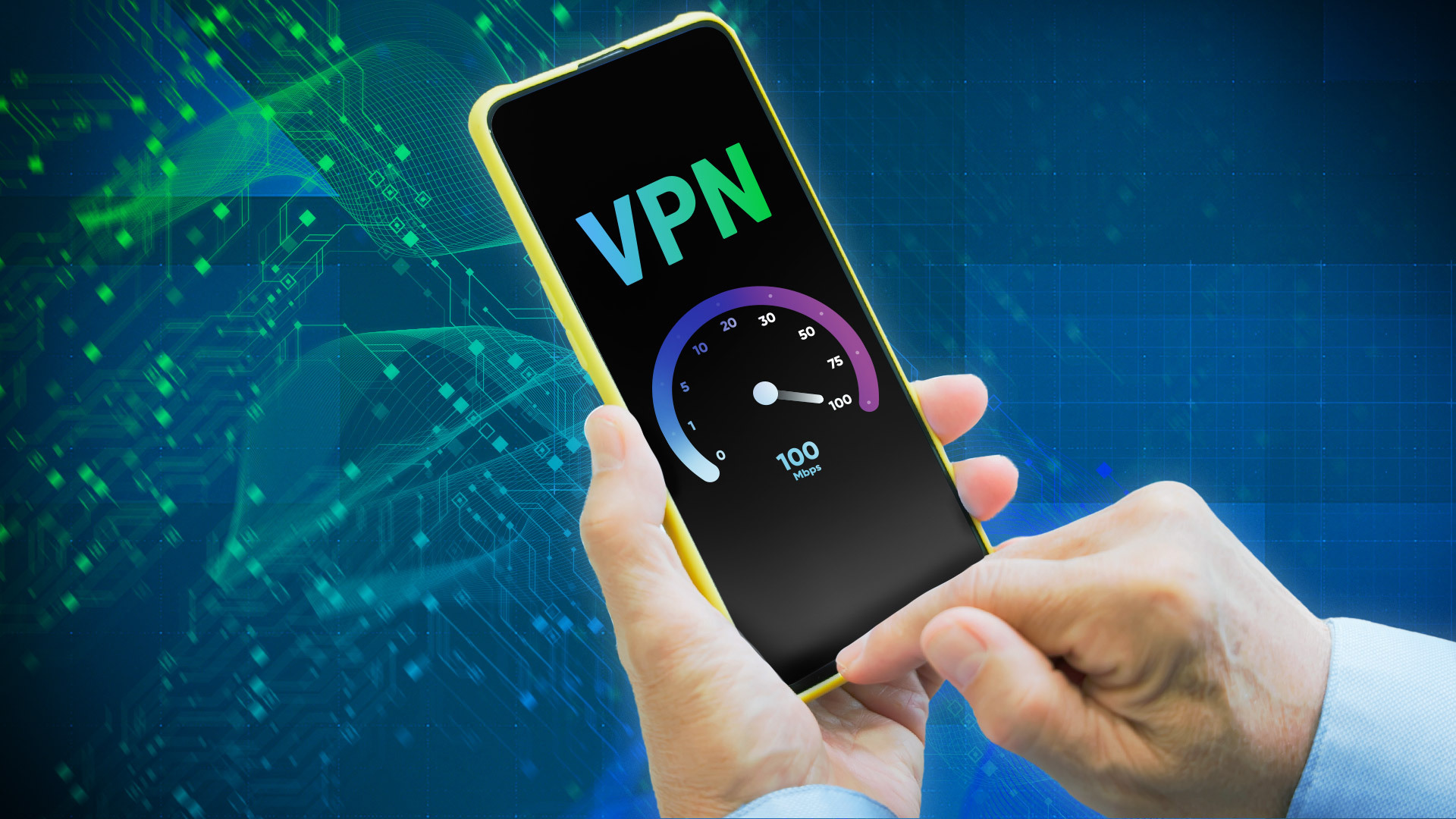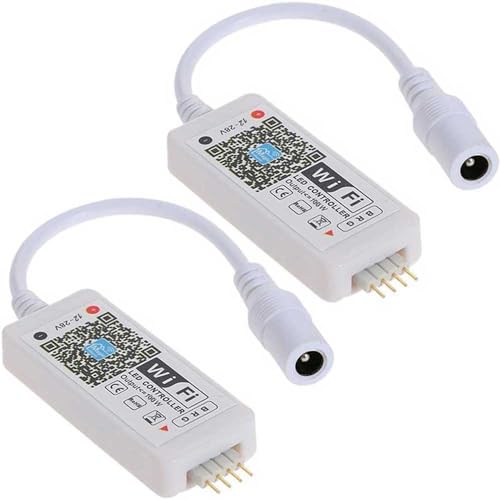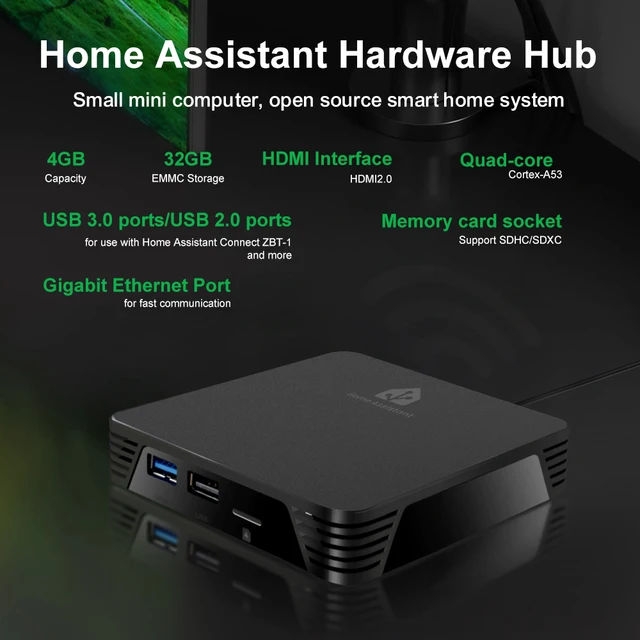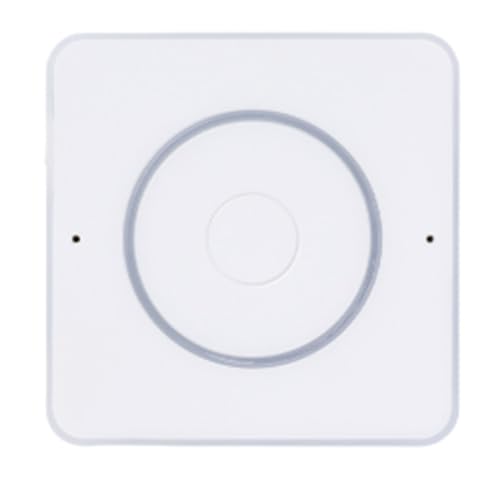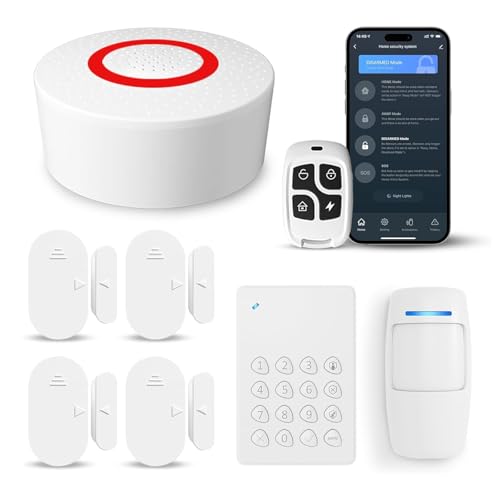Are you frustrated by slow VPN speeds that interrupt your streaming, gaming, or work? You’re not alone.
Many people struggle with VPN performance that just doesn’t meet their needs. But what if you could boost your VPN speed and reliability without switching providers or spending a fortune? You’ll discover simple, effective tips to improve your VPN performance right now.
Keep reading to unlock the full potential of your VPN and enjoy faster, smoother online experiences every time.

Credit: finmodelslab.com
Choose The Right Vpn Protocol
VPN protocols control how your data moves across the internet. Picking the right one helps improve your VPN speed and security.
Some protocols are faster, while others protect your privacy better. Knowing their differences helps you choose the best one for your needs.
Compare Popular Protocols
There are several popular VPN protocols. Each has its strengths and weaknesses. Here are a few common ones:
- OpenVPN:Very secure and reliable but can be slower.
- WireGuard:Newer, faster, and uses modern encryption.
- IKEv2/IPSec:Good balance of speed and security, especially on mobile.
- L2TP/IPSec:Easy to set up but slower and less secure.
- PPTP:Fast but outdated and not secure.
Balance Speed And Security
Choosing a VPN protocol means balancing speed and protection. Faster protocols may offer less security. Stronger protocols can slow you down.
Think about what matters most. If you want quick browsing, pick a fast protocol like WireGuard. If privacy is key, choose OpenVPN or IKEv2.
- Use WireGuard for fast connections with good security.
- Choose OpenVPN for strong protection, even if it is slower.
- Try IKEv2 on phones for a smooth and safe experience.
- Avoid PPTP if you want to keep your data safe.
Select Optimal Server Locations
Choosing the right VPN server location can improve your connection speed. The closer the server, the better your performance.
Picking servers with fewer users also helps reduce slowdowns. This keeps your VPN fast and stable.
Connect To Nearby Servers
Connecting to a server near your physical location lowers the distance data must travel. This reduces delay and speeds up your connection.
Nearby servers usually have less network congestion, so you get better performance. Try to pick servers in your country or region.
- Less distance means faster data transfer
- Lower chance of lag or interruptions
- Better streaming and browsing experience
Use Less Crowded Servers
Servers with many users can slow down your VPN. Choosing less crowded servers helps keep your speed high.
You can often see server load in your VPN app. Pick servers with low usage to avoid slowdowns and buffering.
- Lower user numbers improve speed
- Less congestion means stable connection
- Good for streaming, gaming, and downloads
Optimize Your Network Settings
Improving VPN speed starts with your network setup. Small changes can make your connection faster.
Adjusting network settings helps reduce delays and improve data flow. This makes VPN use smoother.
Adjust Mtu Size
MTU stands for Maximum Transmission Unit. It controls the largest packet size sent over a network.
If MTU is too high, packets break and slow your VPN. If too low, packets send too slowly.
- Find the best MTU by testing different sizes
- Use tools like ping to check for packet loss
- Set the MTU value in your network adapter or VPN client
Enable Split Tunneling
Split tunneling lets you choose which apps use the VPN. Other apps use your regular internet.
This reduces VPN traffic and speeds up connection for apps that need less security.
- Send sensitive apps through VPN
- Keep less important apps outside VPN
- Save bandwidth and lower VPN load
Keep Vpn Software Updated
Keeping your VPN software updated is key to good performance. Updates fix bugs and improve security.
Regular updates help your VPN run smoothly and protect your data better.
Install Latest Patches
VPN providers release patches to fix issues and boost speed. Installing these patches helps avoid slow connections.
Check for updates often and install them quickly to keep your VPN working well.
- Patches fix security problems
- They improve connection stability
- Updates add new features
Utilize Beta Features
Some VPNs offer beta features to test new tools. These can improve speed and connection quality.
Try beta features if you want early access to improvements. But they may have small bugs.
- Beta features may boost performance
- They provide new security options
- Use them to help improve your VPN
Reduce Background Traffic
Background traffic can slow down your VPN connection. It uses bandwidth without your knowledge. Reducing this traffic helps improve VPN speed and stability.
Many apps and services run in the background. They send and receive data even when you do not use them. Stopping unnecessary background traffic can make your VPN work better.
Close Unnecessary Applications
Apps running in the background use your internet connection. They can slow down your VPN by using extra bandwidth. Closing these apps frees up resources for your VPN.
Check your computer or device for apps you do not need. Close games, streaming services, or file-sharing programs. This reduces the load on your network.
- Use Task Manager or Activity Monitor to see running apps
- Close apps that use high network data
- Disable auto-start for apps you rarely use
Limit Bandwidth Usage
Some apps use a lot of bandwidth in the background. Limiting their data use helps your VPN run faster. You can set limits on apps or network usage.
Many devices allow bandwidth control. This stops apps from using too much data. It keeps your VPN connection smooth and fast.
- Use built-in settings to limit app data use
- Set data limits on streaming or download apps
- Monitor network use regularly to spot heavy users
Use Wired Connections When Possible
Using a wired connection can improve your VPN performance. Wired connections are often faster and more reliable than Wi-Fi.
A stable connection helps keep your VPN running smoothly. This reduces slowdowns and disconnections.
Benefits Over Wi-fi
Wired connections usually provide faster speeds than Wi-Fi. This helps your VPN work better without delays.
Wired networks have less interference from other devices. This means fewer interruptions during your VPN sessions.
- Higher data transfer speeds
- Less signal interference
- Lower latency and lag
Improving Stability
A wired connection keeps your internet stable. This helps prevent VPN disconnects and slowdowns.
Cables do not drop signals like Wi-Fi can. This means your VPN stays connected for longer.
- Consistent data flow
- Fewer connection drops
- Reliable network performance
Leverage Hardware Acceleration
Hardware acceleration helps improve VPN speed and reduce delays. It uses special hardware to handle heavy tasks fast.
This makes your VPN work better without slowing down your devices or network.
Enable Vpn Offloading
VPN offloading moves encryption and decryption from the CPU to dedicated hardware. This lowers CPU use and speeds up VPN traffic.
Many modern routers and firewalls support VPN offloading. Turning it on can improve your VPN’s performance a lot.
- Check if your device supports VPN offloading.
- Enable offloading in your device’s settings.
- Test VPN speed after turning on offloading.
Upgrade Network Equipment
Older routers and switches may slow down VPN connections. Upgrading to newer devices can boost VPN speed and stability.
Look for equipment with built-in hardware acceleration and VPN support for the best results.
- Choose routers with VPN acceleration features.
- Use switches with higher bandwidth capacity.
- Consider devices that support the latest VPN protocols.
Choose Vpn Providers With High-speed Servers
Choosing a VPN provider with fast servers improves your internet speed. Slow servers can cause delays and buffering.
High-speed servers help you browse, stream, and download without interruptions.
Check Server Performance
Look for VPN providers that show clear server speed data. Test server response times and download speeds.
Servers closer to your location usually offer better performance. Also, see if the VPN offers many servers to reduce overcrowding.
- Check ping and latency times
- Look for servers with high bandwidth
- Choose servers near your location
- Consider the number of available servers
Read User Reviews
User reviews reveal real experiences with VPN speed. They show if a provider’s servers are fast or slow.
Pay attention to recent reviews for the latest server performance. Look for comments about speed during peak hours.
- Find reviews on trusted tech websites
- Read comments about server speed
- Check feedback on customer support
- Look for patterns in user experiences
Secure Your Device For Better Performance
Keeping your device safe helps your VPN run faster and smoother. A secure device stops threats that slow down your connection.
Simple security steps improve VPN speed and protect your personal data. Let’s look at some key actions you can take.
Remove Malware
Malware can use your device’s resources without you knowing. This slows down your VPN and internet connection.
Use trusted antivirus software to scan and remove malware regularly. Keep your device clean for better VPN performance.
- Run full device scans weekly
- Delete suspicious files and apps
- Keep antivirus software updated
Use Firewall Settings
A firewall controls incoming and outgoing internet traffic. It stops harmful data from reaching your device.
Set up your firewall to allow VPN traffic only. This reduces interruptions and keeps your connection secure and fast.
- Enable your device’s built-in firewall
- Allow VPN software through the firewall
- Block unknown or suspicious connections

Credit: www.security.org

Credit: www.reddit.com
Frequently Asked Questions
How Can I Boost My Vpn Speed?
To boost VPN speed, choose a server closer to your location. Ensure your internet connection is stable and not overloaded. Sometimes, changing VPN protocols can improve speed. Regularly update your VPN software to the latest version for optimal performance. Closing unnecessary background applications may also help.
Why Is My Vpn Connection Slow?
A slow VPN can result from high server load or distant server location. Your base internet speed also impacts VPN performance. Outdated VPN software or incorrect settings can cause slow connections. Ensure your VPN is configured properly and consider switching to a different server for better speed.
Does Changing Vpn Server Improve Speed?
Yes, changing your VPN server can improve speed. If your current server is overloaded or too far away, switching to a closer, less congested server can help. Experiment with different servers to find the one that offers the best performance for your needs.
Can A Vpn Affect Internet Speed?
Yes, a VPN can affect internet speed, often reducing it slightly. This happens because data is encrypted and routed through the VPN server. However, a good VPN provider minimizes speed loss. Optimizing settings and choosing the right server can help maintain a fast connection.
Conclusion
Improving VPN performance takes some simple steps and patience. Choose a server close to your location to reduce lag. Keep your VPN app updated for better speed and security. Avoid using many apps while connected to the VPN. Test your connection regularly to spot any slowdowns early.
Small changes can make your online experience smoother and safer. Stay consistent and enjoy better VPN performance every day.
18 min read

